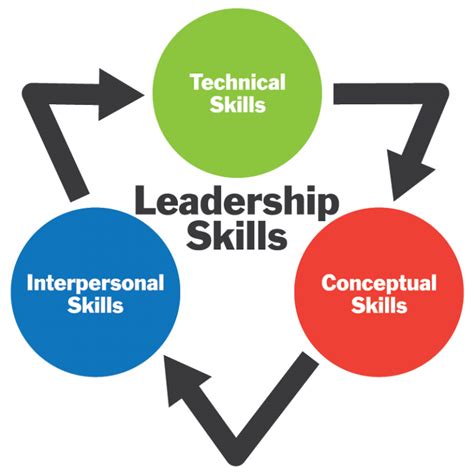The ability to lead effectively is a highly valued skill in today's fast-paced and rapidly changing work environment. As organizations continue to evolve and adapt to new challenges, the demand for skilled leaders who can inspire, motivate, and guide teams towards achieving their goals has never been greater. While there is no one-size-fits-all approach to leadership, understanding and applying various leadership theories can help individuals develop the essential skills required to succeed in this field.

Understanding Leadership Theories
Leadership theories are frameworks that attempt to explain how leaders influence and motivate their followers to achieve a common goal. These theories provide valuable insights into the behaviors, traits, and styles that effective leaders exhibit, and can be applied in various contexts to develop essential leadership skills. Some of the most widely recognized leadership theories include:
- Trait Theory: This theory suggests that certain personality traits, such as intelligence, extraversion, and conscientiousness, are associated with effective leadership.
- Behavioral Theory: This theory proposes that leadership is a function of behavior, rather than personality traits. It emphasizes the importance of actions, such as initiating structure and considering the needs of followers.
- Contingency Theory: This theory suggests that the effectiveness of a leader depends on the situation. It emphasizes the importance of adapting leadership styles to fit the needs of the organization and its followers.
- Transformational Theory: This theory proposes that leaders who inspire and motivate their followers to achieve a common vision are more effective than those who focus solely on transactional exchanges.
Developing Essential Leadership Skills
While leadership theories provide a foundation for understanding effective leadership, they must be applied in practice to develop essential skills. Some of the key skills that leaders need to develop include:
- Communication: The ability to clearly articulate a vision, provide feedback, and listen to the needs of followers is critical to effective leadership.
- Emotional Intelligence: Leaders need to be able to understand and manage their own emotions, as well as the emotions of their followers.
- Strategic Thinking: The ability to develop and implement a strategic plan is essential for achieving organizational goals.
- Collaboration: Leaders need to be able to build and maintain effective relationships with their followers, as well as with other stakeholders.

Applying Leadership Theories in Practice
While leadership theories provide a foundation for understanding effective leadership, they must be applied in practice to develop essential skills. Here are some examples of how leadership theories can be applied in different contexts:
- Case Study 1: A manager at a marketing firm is struggling to motivate her team to meet a tight deadline. She decides to use the transformational leadership theory by inspiring her team to work towards a common vision. She communicates the importance of the project, provides feedback and recognition, and empowers her team to take ownership of their work.
- Case Study 2: A CEO of a tech startup is facing a crisis due to a major product failure. He decides to use the contingency theory by adapting his leadership style to fit the needs of the situation. He becomes more directive and takes charge of the crisis management, while also communicating transparently with his team and stakeholders.
Overcoming Challenges and Developing Resilience
Leadership is not without its challenges. Leaders must be able to overcome obstacles, adapt to change, and develop resilience in the face of adversity. Here are some strategies for overcoming challenges and developing resilience:
- Seek Feedback: Leaders should seek feedback from their followers, peers, and mentors to identify areas for improvement.
- Develop a Growth Mindset: Leaders should adopt a growth mindset, believing that their abilities can be developed through hard work and dedication.
- Build a Support Network: Leaders should build a support network of peers, mentors, and followers who can provide guidance and encouragement.

Conclusion
Applying leadership theories to develop essential skills is critical for achieving success in today's fast-paced and rapidly changing work environment. By understanding and applying various leadership theories, individuals can develop the skills and competencies required to lead effectively. Whether it's communicating a vision, building relationships, or overcoming challenges, leadership theories provide a foundation for developing the essential skills required to succeed as a leader.






What are some common leadership theories?
+Some common leadership theories include trait theory, behavioral theory, contingency theory, and transformational theory.
What are some essential leadership skills?
+Some essential leadership skills include communication, emotional intelligence, strategic thinking, and collaboration.
How can leaders overcome challenges and develop resilience?
+Leaders can overcome challenges and develop resilience by seeking feedback, developing a growth mindset, and building a support network.
